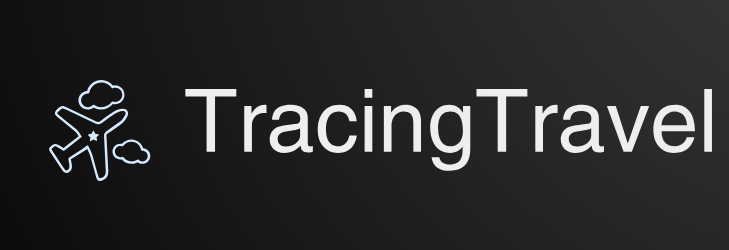Message from the Minister of Mental Health and Addictions, Associate Minister of Health, and Minister of Health on International Overdose Awareness Day.
Today, on International Overdose Awareness Day, we pause to acknowledge the profound and tragic effects of the toxic drug and overdose crisis. We remember the lives of our loved ones—friends, family, and neighbors—whose lives have been cut short by overdose.
This year’s theme, “Together We Can,” underscores the collective power of our community to prevent overdose deaths. By raising awareness about substance use and related harms, reducing stigma, and ensuring access to essential health and social services, we can make a significant difference.
No one should feel they must conceal their struggles with substance use due to fear of judgment or discrimination. Addiction is a medical condition, not a personal failure, and it is treatable.
We extend our gratitude to the dedicated organizations across Canada, from Vancouver’s Downtown Eastside to Barrie and Glace Bay, for their frontline efforts to combat overdose deaths and provide crucial support amidst a toxic illegal drug supply. We also appreciate the families and communities who have shared their experiences and insights, helping us understand what additional support is needed to address this public health crisis. We remain committed to listening to you and collaborating with all partners, stakeholders, and those with lived experience to mitigate substance use harms and ensure community safety.
Canada’s strategy for tackling the toxic drug and overdose crisis employs a comprehensive, evidence-based approach that supports both public health and safety. This includes increasing access to life-saving harm reduction measures, investing in treatment and recovery, engaging in prevention and stigma-reduction efforts, and dismantling criminal drug trafficking networks.
Through the Substance Use and Addictions Program (SUAP), we are supporting not-for-profit organizations with deep community ties that offer care and support to those in need. Additionally, the new Emergency Treatment Fund (ETF) aims to provide immediate assistance to municipalities and Indigenous communities facing acute challenges related to substance use and overdose.
Addressing this crisis requires a multifaceted approach and collaboration among all levels of government and organizations. We will continue to work together to integrate substance use services into our healthcare system, ensuring access to comprehensive care.
Supporting individuals struggling with substance use and addiction demands empathy, understanding, and a commitment to confronting the issue openly. We must not turn away. Together, we must acknowledge those in need, meet them with compassion, and provide the dignity and support they deserve.
We encourage all Canadians to seek information online about recognizing signs of substance use struggles and learn how to support loved ones in seeking help. Though discussing addiction can be challenging, having access to resources can profoundly impact individuals and their families.
The Honourable Ya’ara Saks
Minister of Mental Health and Addictions and Associate Minister of Health
